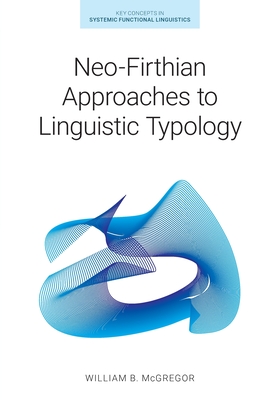
On the one hand, this book identifies the inadequacies of the dominant 'atheoretical' approaches to linguistic typology, and shows how these can be circumvented through a firm foundation in a Neo-Firthian theoretical framework. On the other hand, it contends that Neo-Firthian approaches must take typology seriously as a criterion of theoretical adequacy, and be able to account for the full range of grammatical phenomena and their variation across languages, as well as those features that are universal. Case studies illustrate this argument through a selection of grammatical phenomena - in particular, grammatical relations, the noun phrase, complex sentence constructions, optional case marking and grammatical classification.
This book will be of interest to typologists, as well as to linguists working within Systemic Functional Linguistics and other functional theories.







